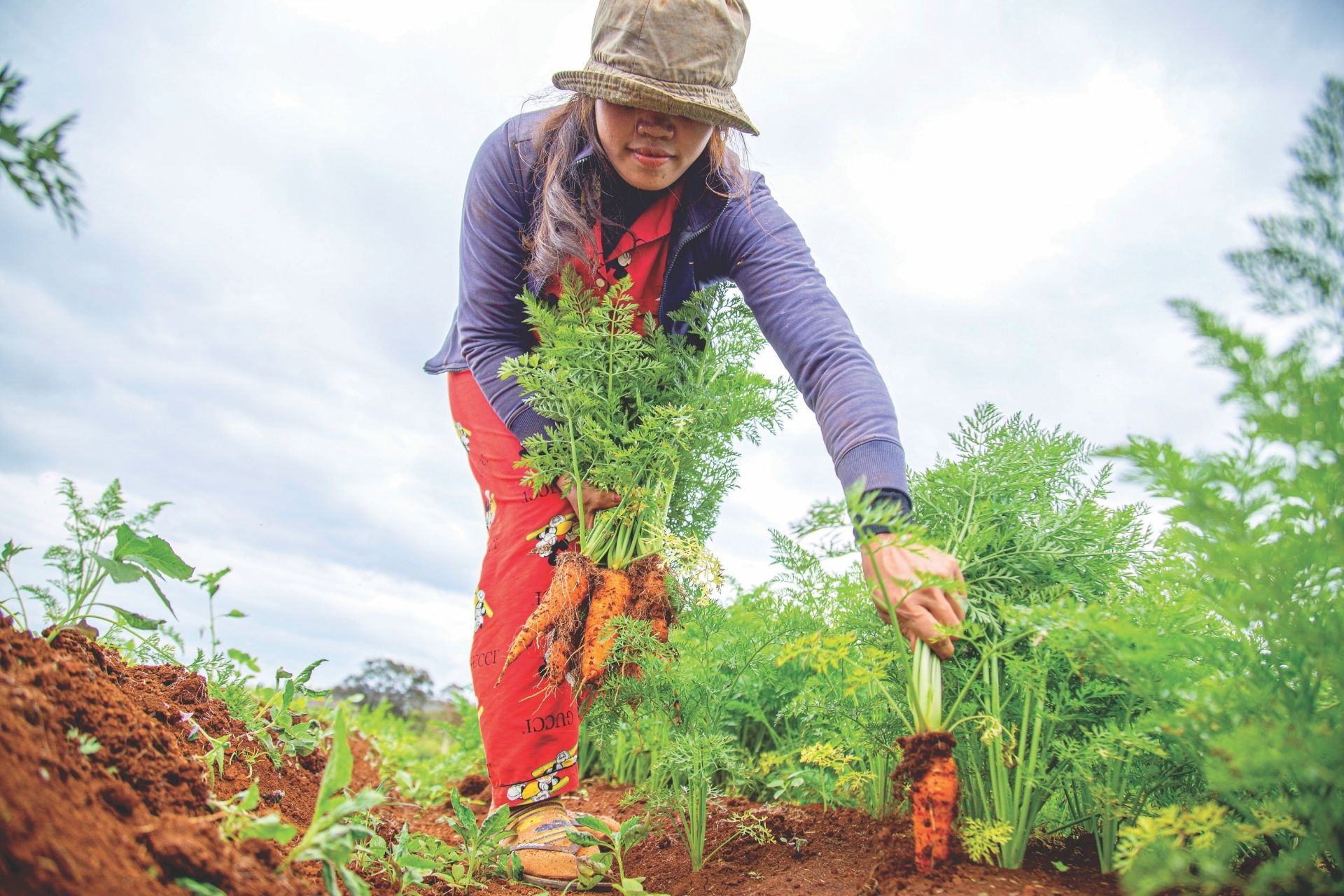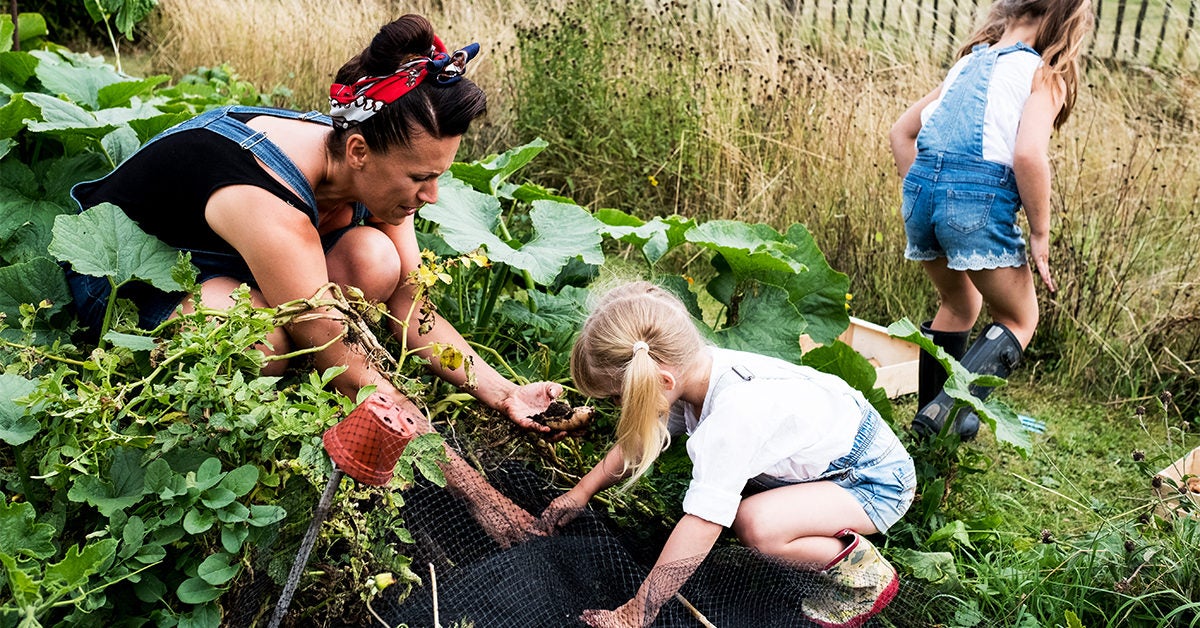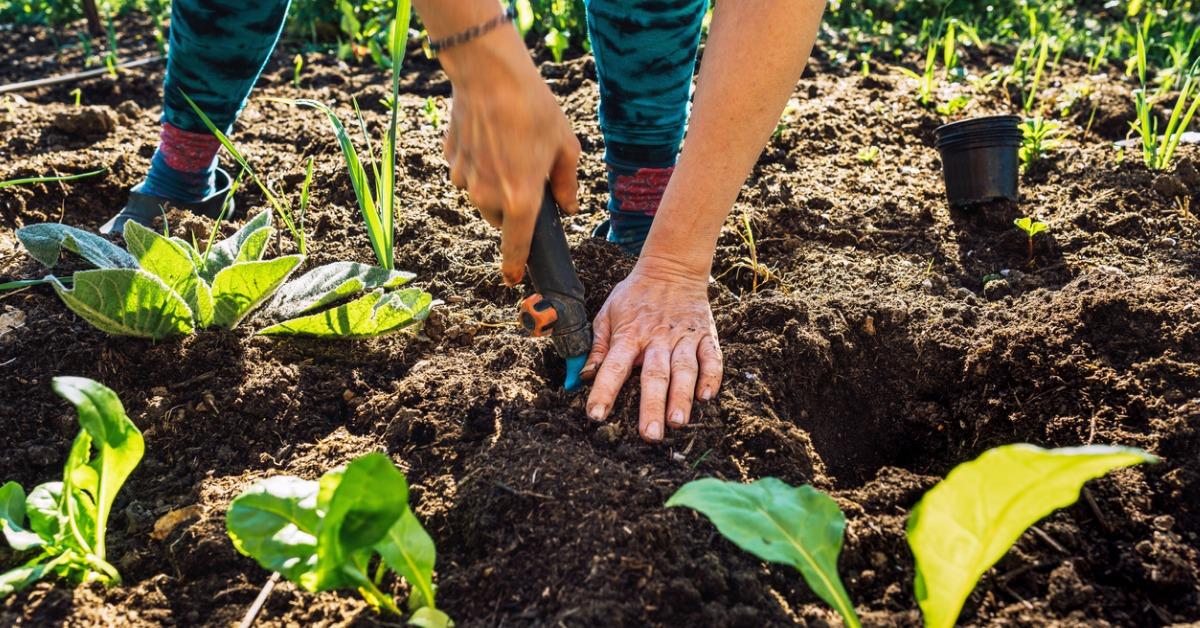A great landscape isn’t just pretty; it’s also functional. A beautiful lawn or garden that remains green all year round, resists drought and pests, and produces bountiful harvests is a fantastic thing—but an even better one is a sustainable landscape. The benefits of a sustainable landscape are numerous.
It will conserve water, reduce maintenance time and cost, provide habitat for wildlife and help prevent erosion. Maintaining a sustainable landscape isn’t easy. It demands consistent effort to keep the soil healthy, the plants trimmed back to size, pests under control and waste from being discarded in ways that harm the environment.
But with just a little bit of effort on your part, you can create a beautiful, sustainable landscape in your yard—and it doesn’t have to cost much at all! Here are some tips on how you can create a great little garden that also has a positive impact on the world:


Water Wise
While you want to water your plants thoroughly, you also don’t want to waste too much water. Most people know that it takes about 400 gallons of water to grow one pound of wheat, but that’s just an average—different crop varieties require different amounts of water. So, to balance the amount of water you’re using in your landscape with the food you’re growing, it is important to keep an eye on your water usage.
You can do this by keeping a garden journal or watering schedule and comparing your usage with your average or expectations. An easy way to keep track of your water usage is by investing in a water-usage monitor. These little gadgets can be installed easily on your garden hose or will plug into your outlet to give you real-time information on how much water is being used.
Use Organic Material
This is one of the simplest things you can do to increase the health of your soil while also reducing your impact on the environment. When you plant seeds, you’re essentially adding organic material to your soil. But, if you don’t add any fertilizer or other nutrients, the seeds won’t grow well and you’ll have to replant them next year.
So, to keep your soil healthy and boost your yield, you need to add some organic material to your soil. The best organic material to use is decomposed leaves, grass clippings, compost, and other organic material that has been composted. Many seeds are available in bulk, but they’re usually expensive and not very efficient in terms of yield.
So, if you want to plant a lot of seeds, you’ll need to buy bulk seeds. But if that’s not what you want to do, the bulk seed is an expensive way to add organic material to your soil that won’t be very efficient in terms of yield. The best way to add organic material to your soil is to add it to your lawn and let it break down over time.
If you don’t have a lot of time or patience to let your soil decompose, you can purchase compost and start feeding your plants right away. You can find a wide variety of composting and soil-enhancement fertilizers for home gardens.


Composting is Important Too!
There’s a reason that composting is mentioned before adding organic matter to your soil—healthy soil is only possible with the addition of some organic matter. You can’t just add fertilizer to the soil and expect plants to grow in it. The soil must be healthy and have the right nutrients in the right quantities before plants can grow in it.
But, with the right measures, you can grow healthy vegetables and flowers without even having to add fertilizer. Since composting involves the breaking down of organic material into a nutrient-rich soil amendment, it’s a great way to get rid of organic waste in your yard. If you don’t have a compost pile or know someone who does, you can find many composting bins and composting kits that allow you to compost indoors.
Take Care of Your Soil
The way you water your plants, the amount of fertilizer you use and the soil type you plant in are important factors that affect the health of your soil. If you keep an eye on these things, you can keep your soil healthy and boost your yield. Here are a few things you can do to take care of your soil: -Water thoroughly, but less often.
- Don’t over-fertilize your plants.
- Let your soil dry out between waterings.
- Add lime or epoxy to increase acidity and improve the structure of your soil.
- Add organic matter such as compost, leaves, grass clippings, and animal manure.


Mulch to Maintain Your Sustainable Gardens Environment
Mulch is one of the most effective ways to keep weeds and soil crusting down. It works by breaking down and covering the soil, which prevents weeds and crusting. In the summertime, you can place mulch on the soil to protect the soil from excessive evaporation and to help retain soil moisture. In the wintertime, you can put it on the soil to protect it from freezing.
But, depending on the type you use, you can also add nutrients to it. In the fall, you can add mulch to your garden to help keep the soil warm and retain moisture. You can use shredded leaves, sticks, bark, or grass clippings. If you use paper or cardboard, be sure to shred it so that it’s small enough to break down quickly.
Conclusion
A sustainable landscape is not only beautiful; it’s also functional. It requires consistent effort to keep the soil healthy, the plants trimmed back to size, pests under control and waste from being discarded in ways that harm the environment. With just a little bit of effort on your part, you can create a beautiful and sustainable landscape in your yard.










Leave feedback about this